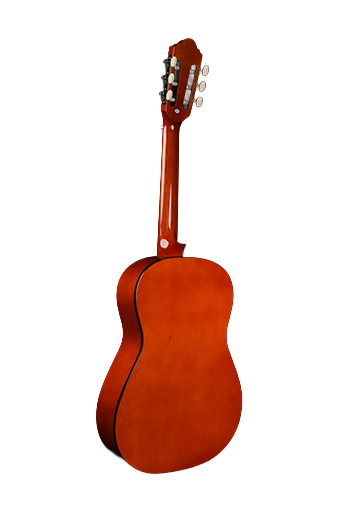
Can Guitar OEM Factories Replicate Famous Guitar Models?
Introduction
The guitar manufacturing industry has evolved significantly over the decades, with many original equipment manufacturers (OEMs) producing instruments for well-known brands. A common question among musicians and enthusiasts is whether these OEM factories can accurately replicate famous guitar models, such as those from Fender, Gibson, or PRS. The answer is complex, involving factors like craftsmanship, materials, legal constraints, and market demand.
This article explores the capabilities of guitar OEM factories in replicating iconic guitar models, the challenges they face, and the ethical and legal implications of such reproductions.
Understanding Guitar OEM Factories
Guitar OEM factories specialize in manufacturing instruments for other brands, often handling production for multiple companies. These factories range from small workshops to large-scale facilities with advanced machinery. Many well-known brands outsource production to OEMs to reduce costs while maintaining quality.
Capabilities of OEM Factories
1. Precision Manufacturing – Modern OEM factories use CNC (Computer Numerical Control) machines, laser cutting, and automated processes to ensure high precision in shaping bodies, necks, and other components.
2. Material Sourcing – Many OEMs have access to high-quality tonewoods, hardware, and electronics, allowing them to closely match the materials used in famous models.
3. Skilled Labor – Some OEM factories employ luthiers with decades of experience, capable of handcrafting instruments to exact specifications.
4. Customization Options – OEMs often offer custom finishes, neck profiles, and pickup configurations, making it possible to replicate or modify famous designs.
Given these capabilities, OEM factories can produce guitars that closely resemble famous models in terms of appearance, feel, and sound.
Challenges in Replicating Famous Guitar Models
Despite their technical abilities, OEM factories face several challenges when attempting to replicate iconic guitars:
1. Legal and Intellectual Property Issues
- Many famous guitar models are protected by trademarks, patents, and copyrights.
- Exact replicas (counterfeits) are illegal and can lead to lawsuits.
- Some OEMs produce "inspired by" models with slight modifications to avoid legal issues.
2. Tonal and Playability Differences
- Even with similar materials and construction, subtle differences in wood aging, glue types, and finishing techniques can affect tone.
- Famous guitars often have unique manufacturing quirks (e.g., Gibson’s nitrocellulose lacquer aging) that are difficult to replicate precisely.
3. Brand-Specific Craftsmanship
- Some brands use proprietary techniques (e.g., Fender’s bolt-on neck design, PRS’s carved tops) that are hard to duplicate without insider knowledge.
- Hand-voiced pickups and custom-wound electronics contribute to a guitar’s unique sound, which may not be perfectly replicated.
4. Market Perception and Resale Value
- Even high-quality replicas may lack the prestige and resale value of original branded guitars.
- Collectors and professionals often prefer genuine models for authenticity.
Ethical Considerations
While OEM factories can produce near-identical copies of famous guitars, ethical concerns arise:
- Counterfeiting vs. Homage – Some replicas are sold as counterfeit products, deceiving buyers. Others are marketed as tributes or budget alternatives.
- Supporting Original Brands – Buying replicas may undermine the companies that originally designed and popularized these guitars.
- Worker Conditions – Some OEM factories prioritize cost-cutting over fair wages and safe working conditions.
Conclusion
Guitar OEM factories possess the technical ability to replicate famous guitar models with impressive accuracy. However, legal restrictions, tonal nuances, and ethical considerations make exact reproductions problematic. Many OEMs instead produce "inspired by" models that capture the essence of famous guitars while avoiding legal issues.
For players seeking affordable alternatives, OEM-made guitars can be excellent choices. However, those valuing authenticity, brand heritage, and resale value may still prefer original models. Ultimately, the decision depends on individual preferences, budget, and ethical stance.
The guitar industry continues to evolve, with OEMs playing a crucial role in making high-quality instruments accessible to a broader audience. Whether replicas or original designs, the focus should remain on craftsmanship, playability, and musical expression.

Copyright © 2003-2025 Longsheng Musical Instrument Co., Ltd. Powered by:Lucky Cloud Network Technology All rights reserved.
SitemapThis website uses cookies to ensure you get the best experience on our website.
Comment
(0)